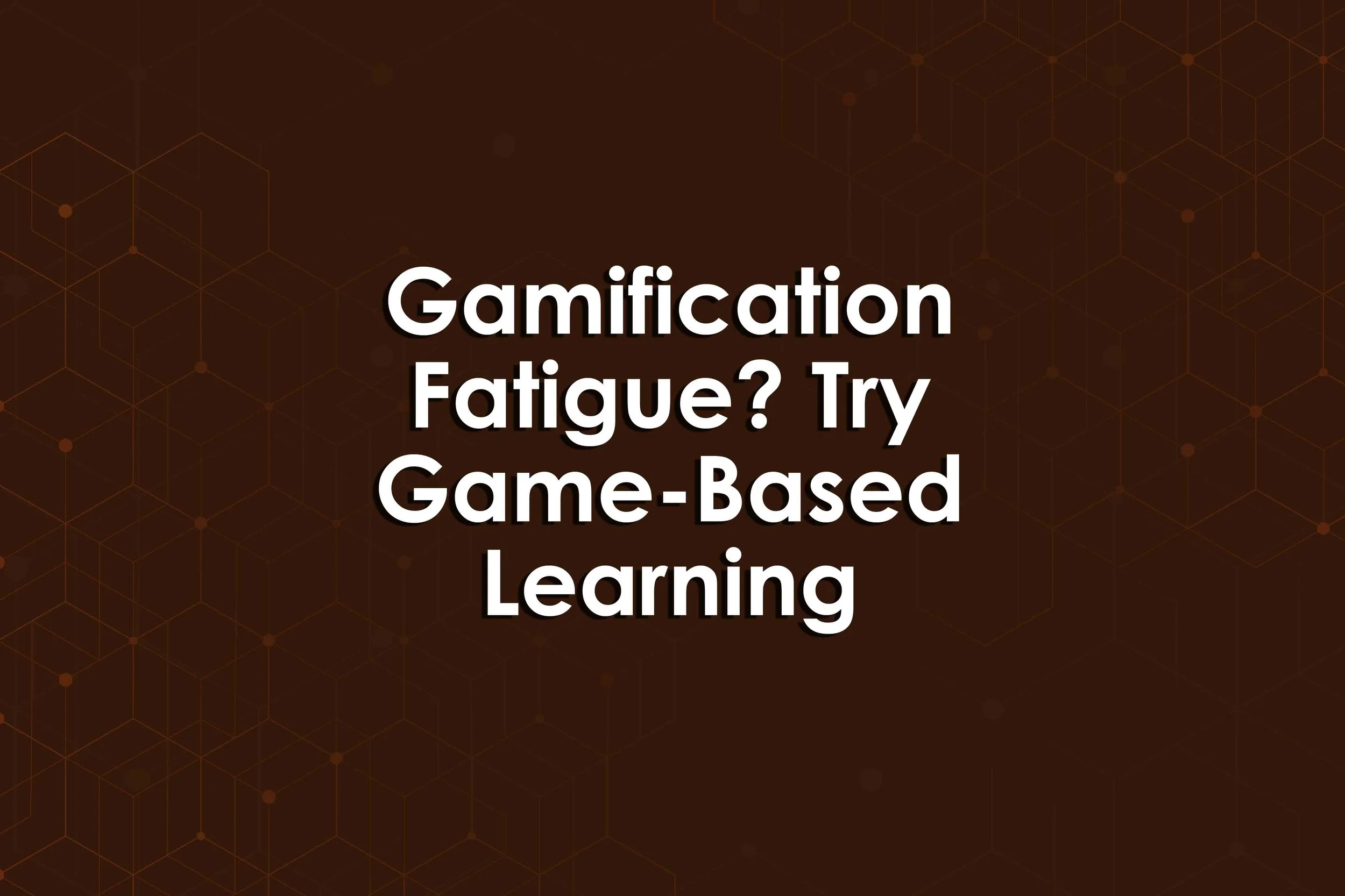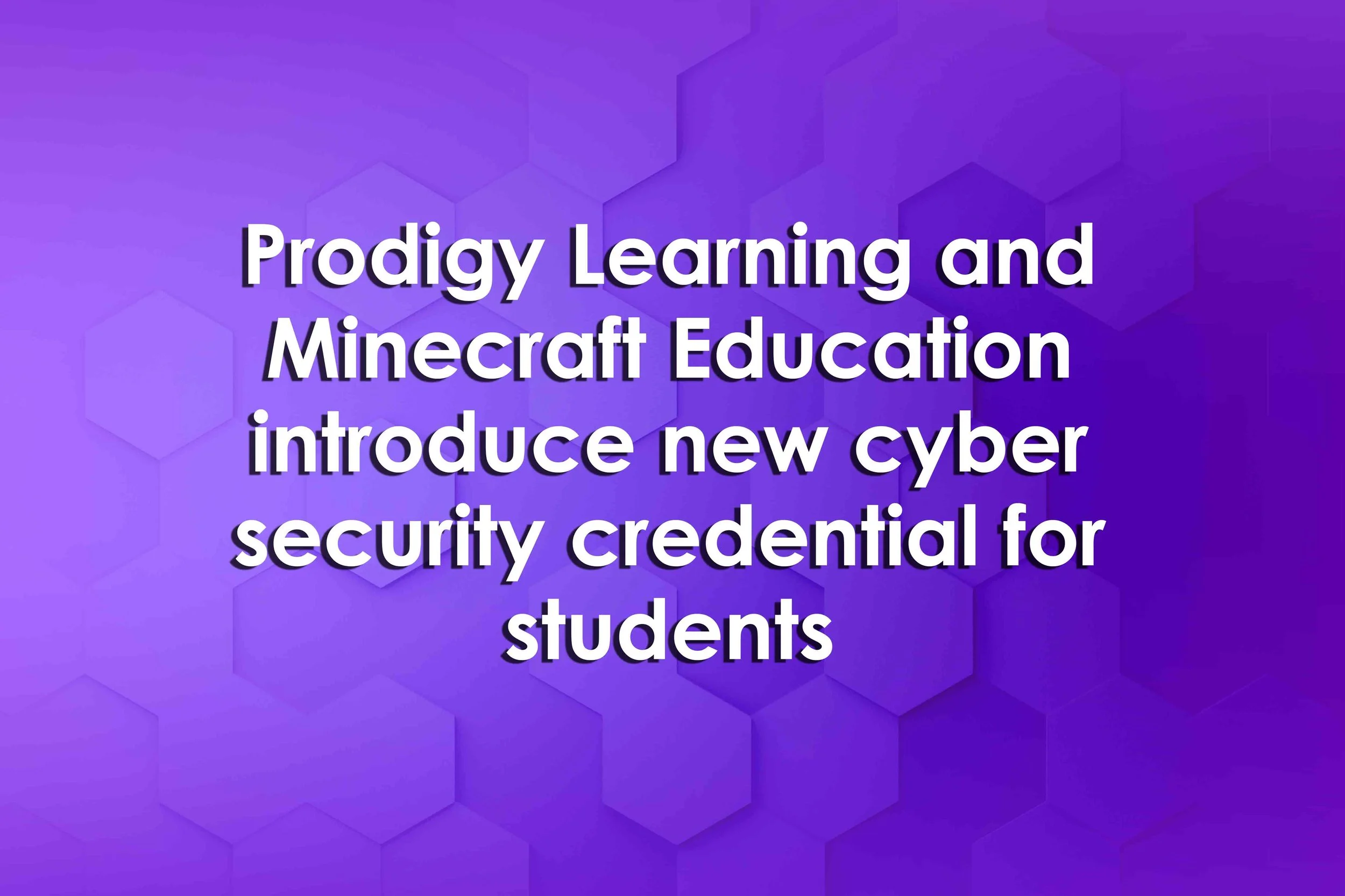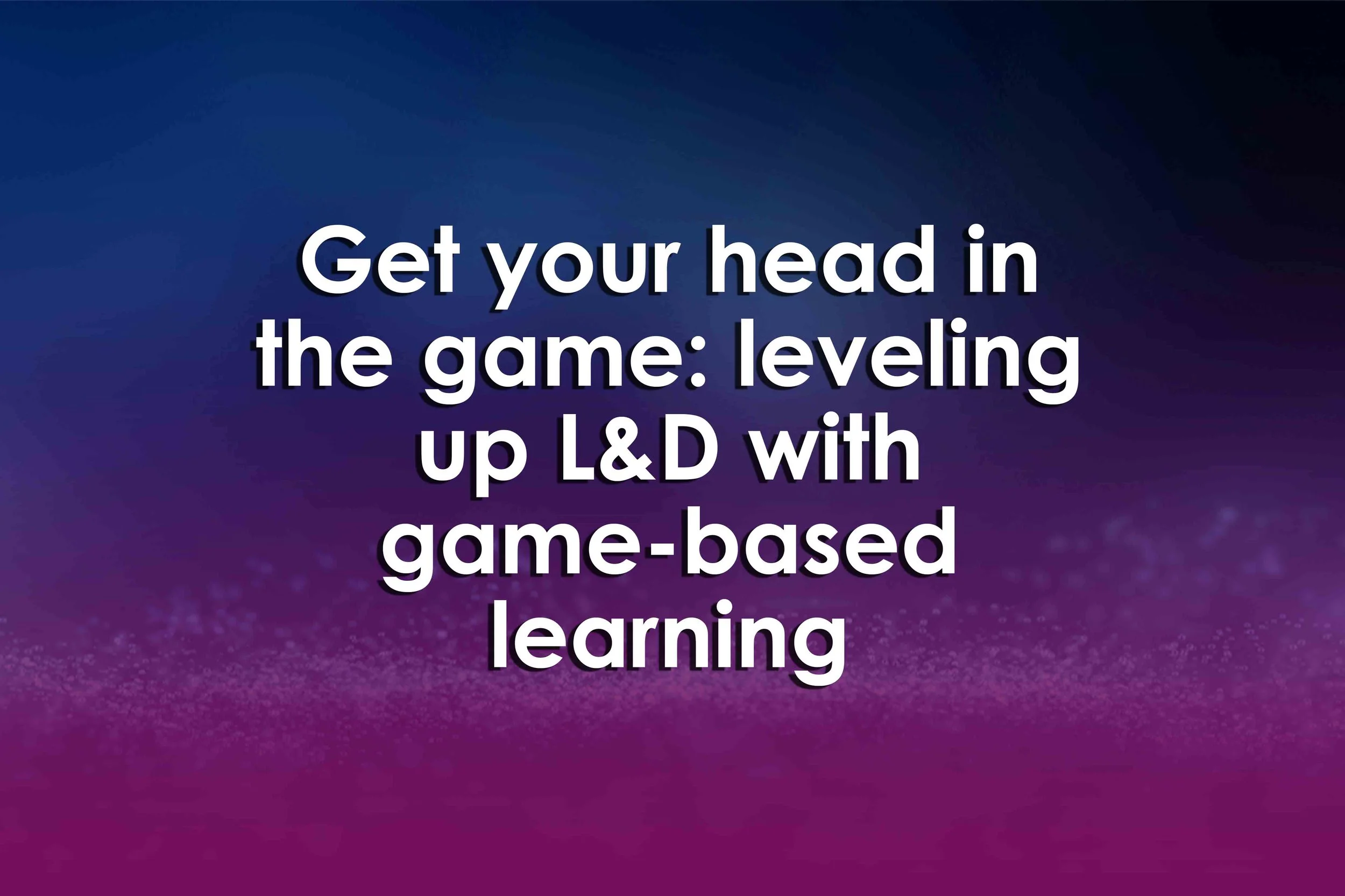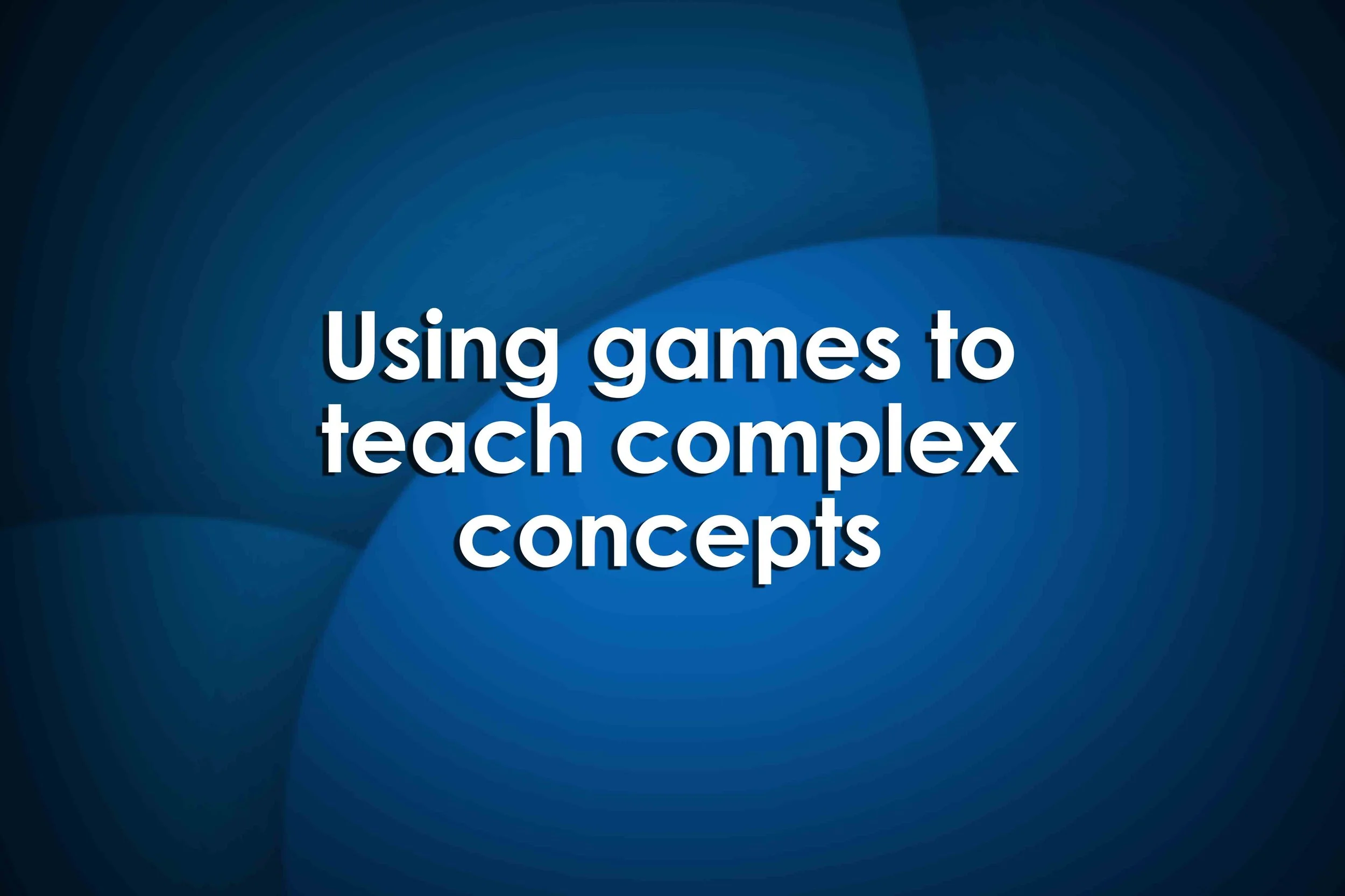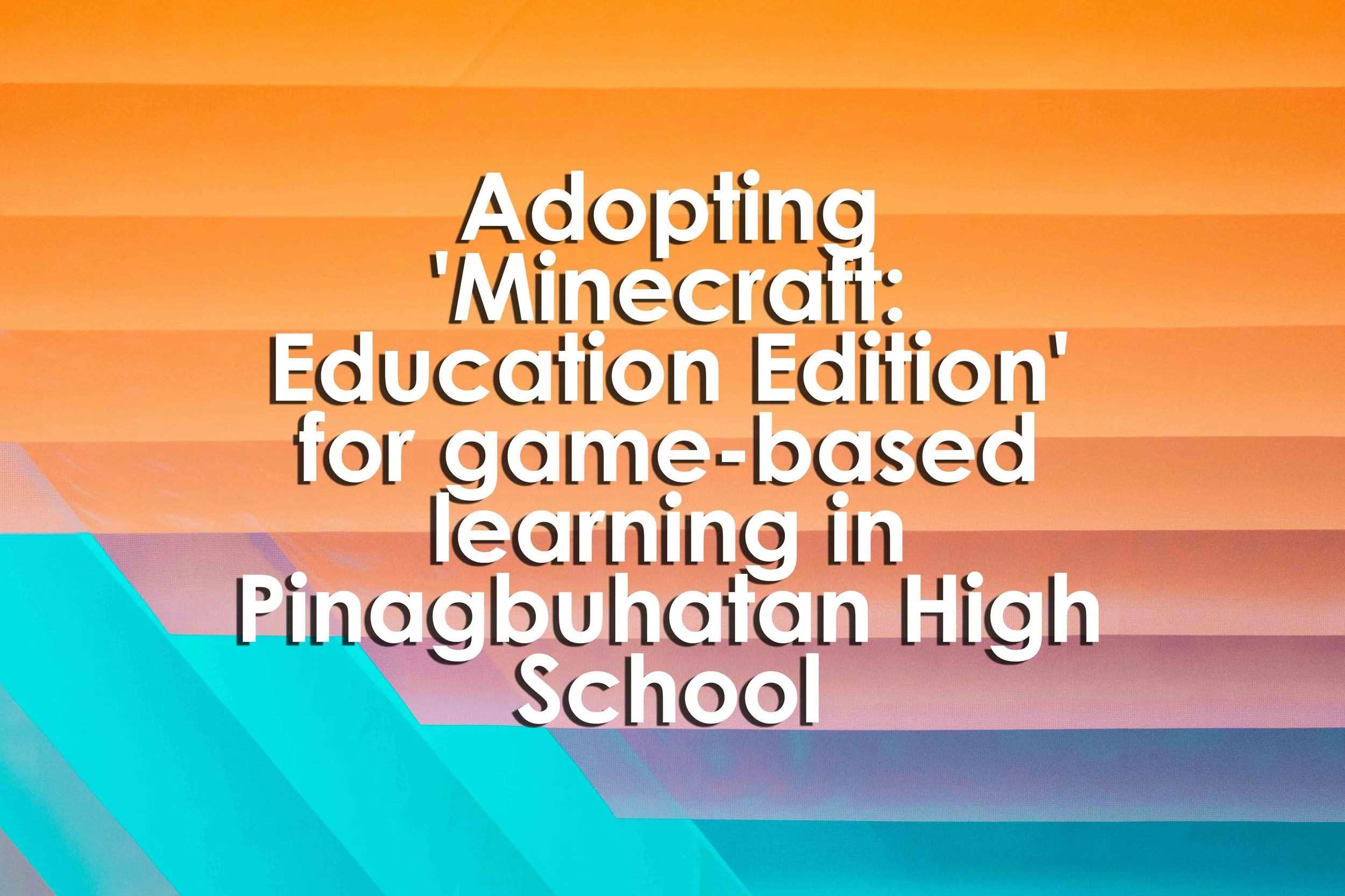Game-based learning, a method combining structured gameplay with educational goals, is gaining traction alongside AI in Singapore’s evolving educational landscape. Unlike traditional methods, serious games prioritize teaching concepts and reinforcing knowledge while keeping learners engaged through fun.
Read MoreMany gamification efforts in learning fail because they add superficial game elements—like points and badges—to poor instructional design without improving the learning experience itself. True game-based learning is different: it uses game design principles to create interactive, experiential learning aligned with how people naturally learn.
Read MoreRepublic Polytechnic students collaborated with the Muscular Dystrophy Association of Singapore to design games that raise awareness of mobility challenges faced by wheelchair users. One game, Mall Time Crunch, intentionally featured difficult navigation to mimic real-life obstacles, encouraging empathy through gameplay.
Read MoreA viral video featured social science teacher Mr. Mahathey using the game Assassin’s Creed to teach history, specifically the Battle of Thermopylae, by guiding students through the game's depiction of ancient sites.
Read MoreRecent research highlights the transformative potential of game-based learning, particularly through immersive VR environments. One study found that competitive elements in environmental VR games affected students differently based on prior knowledge, emphasizing the need for adaptive design.
Read MoreGamified learning became popular during the pandemic for its ease and student engagement, using rewards like points and badges. However, critics argue it emphasizes extrinsic motivation and surface-level learning, leading to fatigue among educators.
Read MoreVideo games and playful approaches are increasingly being integrated into educational environments, offering unique benefits for student learning. Games foster creativity, goal-setting, communication, and collaboration while reducing the fear of failure.
Read MoreProdigy Learning, in partnership with Minecraft Education, has launched the ‘Cyber in Minecraft’ credential programme, aimed at teaching cybersecurity skills to students. The program, the first release from their collaboration, uses Minecraft to engage students in learning digital citizenship, networking, and security.
Read MoreAt the Serious Play conference held at U of T Mississauga, over 300 scholars explored the use of games in education. One highlight was “The Cutie,” an augmented reality game developed at Yale School of Medicine to teach ICU visitors how to prevent germ spread.
Read MoreAt K-State’s College of Education, the Game Lab explores the educational potential of games. Open three days a week, it allows students, faculty, and community members to play games like Dungeons & Dragons and Magic: The Gathering while researchers investigate how games can enhance learning.
Read MoreIn graduate education, particularly in secondary education, studying games and play can challenge the prevailing emphasis on standardized learning and assessment. Games encourage active, imaginative, and risk-taking learning, moving students beyond passive approaches.
Read MoreShoelace Learning, founded by Julia Dexter in Halifax, addresses the literacy crisis in education by offering game-based learning solutions.
Read MoreGame-based learning (or gamification) has become integral to education, enhancing memory retention and performance. However, its potential in workplace learning and development (L&D) remains largely untapped.
Read MoreThe article explores how integrating human learning theories with game design can revolutionize workplace training. By combining constructivism, experiential learning, and cognitive theories with engaging game mechanics, organizations can create immersive, effective training programs.
Read MoreYing “Gina” Tang, a professor of electrical and computer engineering, focuses on making learning more engaging and effective through game-based environments. Her games, which incorporate AI-driven pedagogical agents, adapt to students' needs, offering personalized guidance and enhancing understanding.
Read MoreIn India, basic education faces challenges such as enrollment issues, dropouts, and teacher shortages. The pandemic highlighted the limitations of online education, particularly the lack of teacher-student interaction. However, game-based learning, or "Serious Games," which combine education with interactive elements, has shown potential to supplement traditional methods.
Read MoreFridays in my RTI class were dedicated to board games, enhancing students’ numeracy skills through engaging play. Research confirms the benefits of game-based learning, highlighting improved executive functions, reading, and math skills among students who participated.
Read MoreI recently engaged with compliance expert Carsten Tams on the Innovation in Compliance podcast to discuss transforming Ethics and Compliance (E&C) training into a memorable experience.
Read MoreMotivating students to learn through playing games and solving topics boosts the game-based learning market growth during the forecast period.
Read MoreHow can we be sure to keep students interested and encouraged to contribute and perform well in assessments? The gamification of education, where you make learning more enjoyable and engaging for students by using game design features, could be the answer.
Read More






